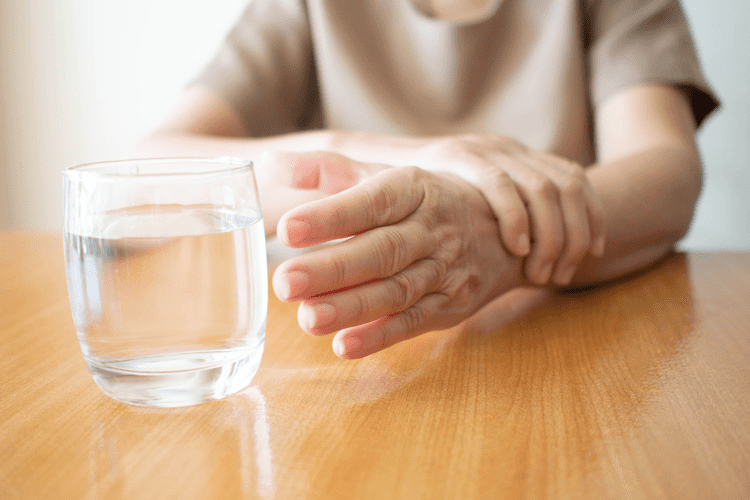However, there are mixed-gender homes and homes that specifically cater to LGBTQ+ people. While at an SLH, residents may be able to resume other aspects of their lives before recovery, such as work or family obligations. While sober living houses have research touting their efficacy, it is also important to remember that they are still environments where you are living with others http://www.schetchik.net/oral-history.html and the focus is on staying sober. Over the years, sober living houses have evolved to meet the needs of those in recovery. There are also plenty of independent sober living houses that have not changed their protocols much since the late 1940s when these residences came to be. Getting sober may seem difficult, but there are strategies you can use to get and maintain sobriety.

Who Lives in Sober Living Homes?

People in recovery receive peer support and accountability in a level-one sober living home. Residents may choose to engage in community support groups, counseling, http://www.dubus.by/modules/news_klon/article.php?storyid=6 and anything else to help them stay sober. Some sober living homes may allow pets with specific restrictions, such as size, breed, or behavior requirements.
How Effective Are Sober Living Houses?
Nighttime is often reserved for free time when you can call loved ones, read books, or watch television. Dr. Kennedy also suggests touring the home and asking to speak with current residents or alumni. Smith recommends asking and looking for what sets one SLH apart from the others to make sure its focus and expertise align with your objectives and personality. The usage you put forth is also frequently cited, though there is no evidence it is directly connected to any law sanctioning or directing the application of marital abuse.
CALIFORNIA SOBER LIVING

Level II includes the services of a Level I home as well as peer-run group and self-help and/or treatment. Some residences are free to the residents because they are government-funded or run by nonprofit organizations. Some private sober living homes also offer scholarships and grants to cover the costs. Choosing a residence can be a tough decision because http://www.bhmed-emanual.org/chapter_1_the_sandwich_design_of_teaching_and_learning/1_why_sandwich_principle there are many different residences available. You can consult with a treatment professional, your insurance company, or use word-of-mouth to see what sober living homes are recommended. Searching for addiction treatment or recovery housing can feel overwhelming; however, there are several resources to help you find the appropriate care and support.
- They first came into existence when a group of active participants in the Alcoholics Anonymous group created a “12-step” residence.
- Some communities were left without electricity and air conditioning for days.
- This measure was taken from Gerstein et al. (1994) and was defined as number of arrests over the past 6 months.
- Since sober living typically follows addiction treatment, getting a referral from the treatment provider is recommended.
Characteristics of Sober Living Houses
These function as facilities where individuals who were previously homeless can live as they begin to find stability and move towards securing independent housing. As for the “impact of sober living homes on the broader community,” they mitigate the societal effects of addiction and promote understanding and support for those in recovery. The main goal of sober living is to provide residents with the tools, guidance, and peer support crucial for a successful transition back into society. All sober houses have a zero-tolerance policy regarding the use of drugs or alcohol.
- By participating in sober living programs, individuals experience improved physical, mental, and emotional health, enhanced relationships, and a greater sense of purpose and accomplishment.
- These are residential facilities that provide structure and support for those healing from addiction.
- Some sober homes do not require residents to pay utility bills, but utilities may be rationed to avoid waste.
- It’s a continuous process that often requires longer-term support to solidify and maintain the skills and mindsets learned during recovery.
Sober Living Homes


Recent Comments